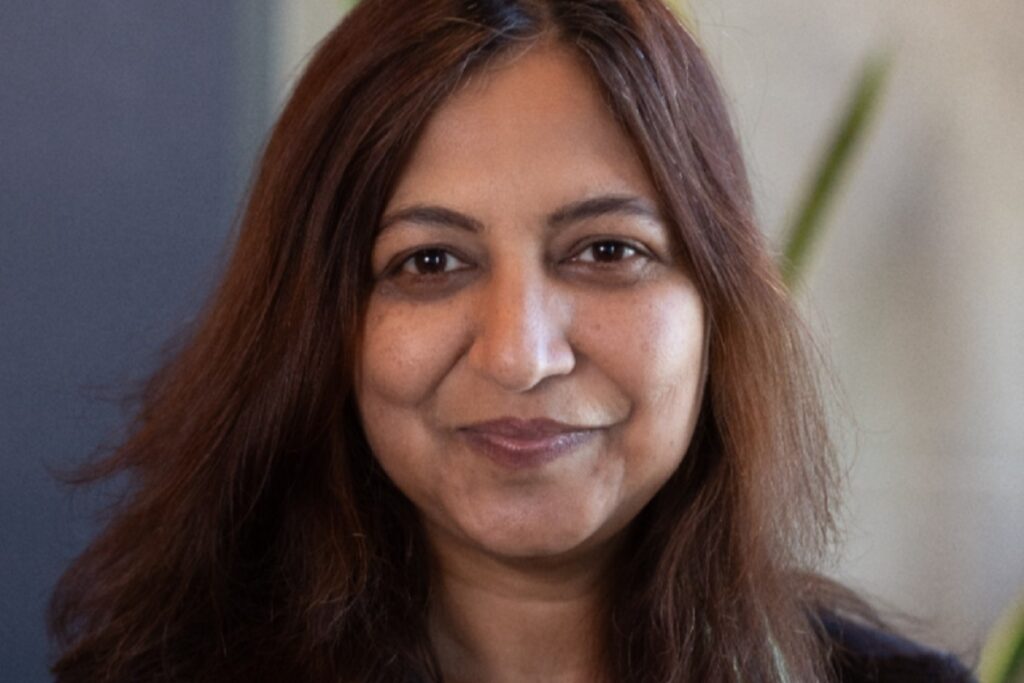New research shows one in three working age Australians are managing symptoms of moderate to severe depression or anxiety, with AI-guided support cited as a key solution.
This comes from a survey of 2000 Australians aged 16 to 65 years old who took part in two standardised clinical screening questionnaires (GAD-2 and PHQ-2).
Published by Wysa, a leading global provider of mental health support, the study suggests that the numbers of working people currently suffering from these mental health issues are far higher than reported in the 2022 Australian Bureau of Statistics (ABS) study of all Australians, which found 16.8 per cent to be living with an anxiety disorder and 7.5 per cent with depression.
Wysa’s research found almost twice as many 16-24 year olds screened positive for symptoms of depression (46 per cent) or anxiety (46 per cent) versus 55-64 year olds with anxiety (24 per cent) or depression (23 per cent).
Additionally, almost half (49 per cent) of students are experiencing significant symptoms of anxiety, compared to 31 per cent overall, and 52 per cent have depression symptoms that are moderate to severe, compared to 32 per cent of all participants.
The reasons for these numbers vary. Data shows that money is the top reason Australians feel depressed in 2023, with two thirds of people worried about the cost of living, including 79 per cent of full-time homemakers/parents.
Work is also a cause for stress for 4 in 10 full time employed people. Symptoms of anxiety are highest for real estate workers (44 per cent), social care (44 per cent) and engineering (42 per cent). Depression is highest for those in IT (47 per cent), engineering (41 per cent) and retail (41 per cent).
And despite Medicare support for mental health being available in Australia, many are managing symptoms without support.
Nearly half (46 per cent) of those who screen positive for symptoms of moderate to severe depression or anxiety have not spoken to a healthcare professional. Thirty-one per cent said this was because they don’t believe their symptoms are serious enough, 16 per cent cited perceived cost as a barrier to healthcare and 15 per cent said embarrassment was preventing them from seeking support.
CEO and Co-founder of Wysa, Jo Aggarwal says clinically safe AI-guided support could be the key to supporting Australians’ mental health.
Our experience from supporting over 6 million people in 95 countries has shown us that conversational AI as the first step of care can help bridge the shortage of qualified professionals, but more importantly, it overcomes the barriers to access people face related to stigma, cost, and the need to self-identify a need for support,” said Aggarwal.
Within Wysa’s survey, participants were asked who they’d rather go to for support with their mental health, and half of them selected ‘a mental health app with clinically proven self-help resources tailored to their needs’ over anyone in the workplace or school. Fifty per cent would also choose an app over HR or school services.
“People open up in AI-guided therapy much faster than to a human therapist, and it creates equitable access to support, at scale,” said Aggarwal.
“Our research shows there’s an appetite for clinically safe AI-guided support and it could be the best opportunity we have to address the mental health crisis in Australia.”


